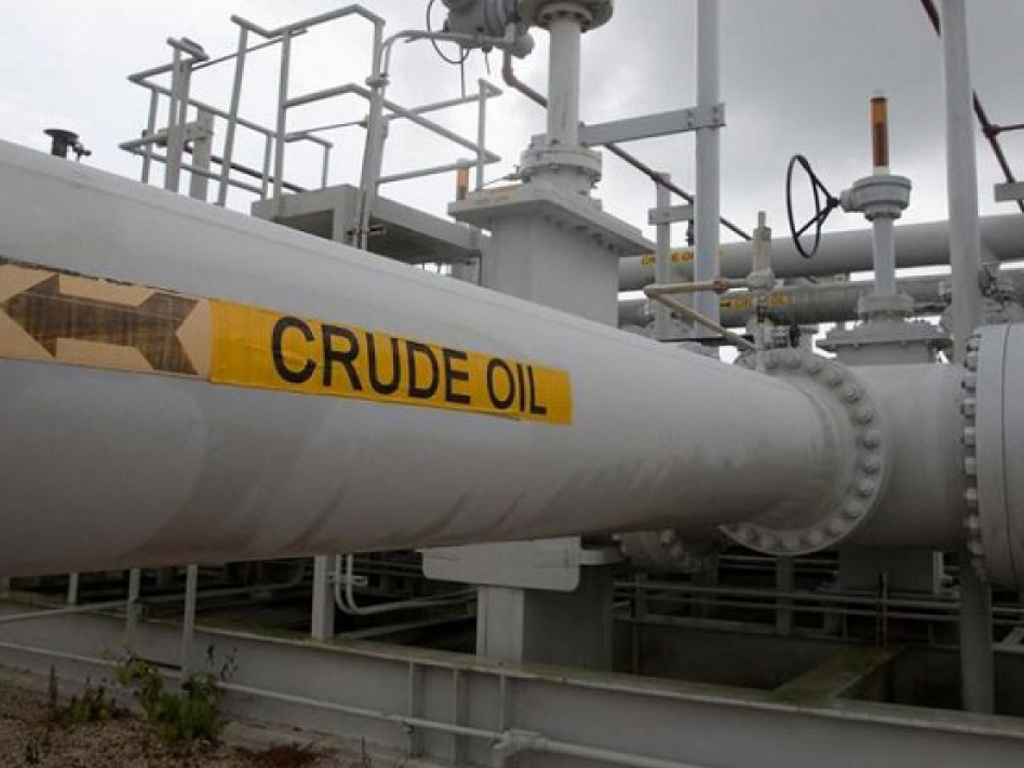Brent crude rises above $32 on hopes of oil output deal
- Brent soared as much as 47pc on Thursday for its highest intraday percentage gain on record.
- Russia and Saudi Arabia both belong to the grouping of members of the Organization of the Petroleum Exporting Countries and its allies, but the United States does not.
 LONDON: Benchmark Brent crude oil futures rose as high as $33.37 a barrel on Friday on rising hopes of a new global deal to cut global crude supply.
LONDON: Benchmark Brent crude oil futures rose as high as $33.37 a barrel on Friday on rising hopes of a new global deal to cut global crude supply.
Brent crude futures were up 8.9pc, or $2.67, at $32.61 a barrel by 1134 GMT.
Brent soared as much as 47pc on Thursday for its highest intraday percentage gain on record. It closed 21pc up, still about half the $66 at which it was trading at the end of 2019.
US West Texas Intermediate (WTI) crude also returned to positive territory, rising 4.4pc, or $1.11, to $26.43 after advancing by 24.7pc on Thursday.
OPEC and its allies are working on a deal for an unprecedented production cut equivalent to about 10pc of global supply, an OPEC source said after US President Donald Trump called on oil-producing nations to stop the price slide.
Oil prices slumped 65pc in the first quarter on a demand slump caused by the global coronavirus outbreak and moves by Russia and Saudi Arabia to flood the market after their failure last month to extend much smaller OPEC+ supply cuts.
A meeting of OPEC and allies such as Russia has been scheduled for Monday April 6, the Azerbaijan energy ministry said, but details on the distribution of production cuts were thin on the ground.
Trump said on Thursday that he had spoken with both Russian President Vladimir Putin and Saudi Crown Prince Mohammed bin Salman and they had agreed to reduce supplies by 10 million to 15 million barrels per day (bpd) out of total global supply of about 100 million bpd.
Trump said he did not make any concessions to Saudi Arabia and Russia, such as agreeing to a US production cut - a move forbidden by US antitrust legislation.
Russia and Saudi Arabia both belong to the grouping of members of the Organization of the Petroleum Exporting Countries and its allies, but the United States does not.
"There does appear to finally be collective acceptance that the market is in such an extraordinary state of oversupply that coordinated action is needed," said Callum Macpherson, Investec's head of commodities.
"For now, the possibility of 'something' happening could make short sellers more wary and help to limit downward pressure on oil prices, but there may need to be more tangible signs of progress fairly soon if a retest of recent lows is to be avoided."
The Canadian province of Alberta, home to the world's third-largest oil reserves, is open to joining any potential global pact to reduce a glut of crude.
Citi analysts forecast a decline in global oil demand of 18-20 million bpd in the second quarter, which could result in the collapse of 2 million bpd of refinery runs, triggering unprecedented 1 billion barrel growth in inventories over two months.
"With a now discussed cut of 10 million (bpd) ... the oil industry would get at least three weeks more room to prepare for hitting the wall when there are no more places to put the excess production," said Rystad Energy's Per Magnus Nysveen.
























Comments
Comments are closed.